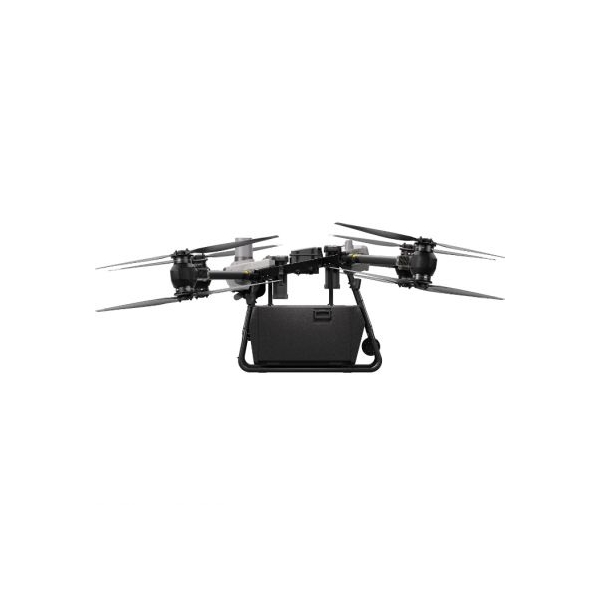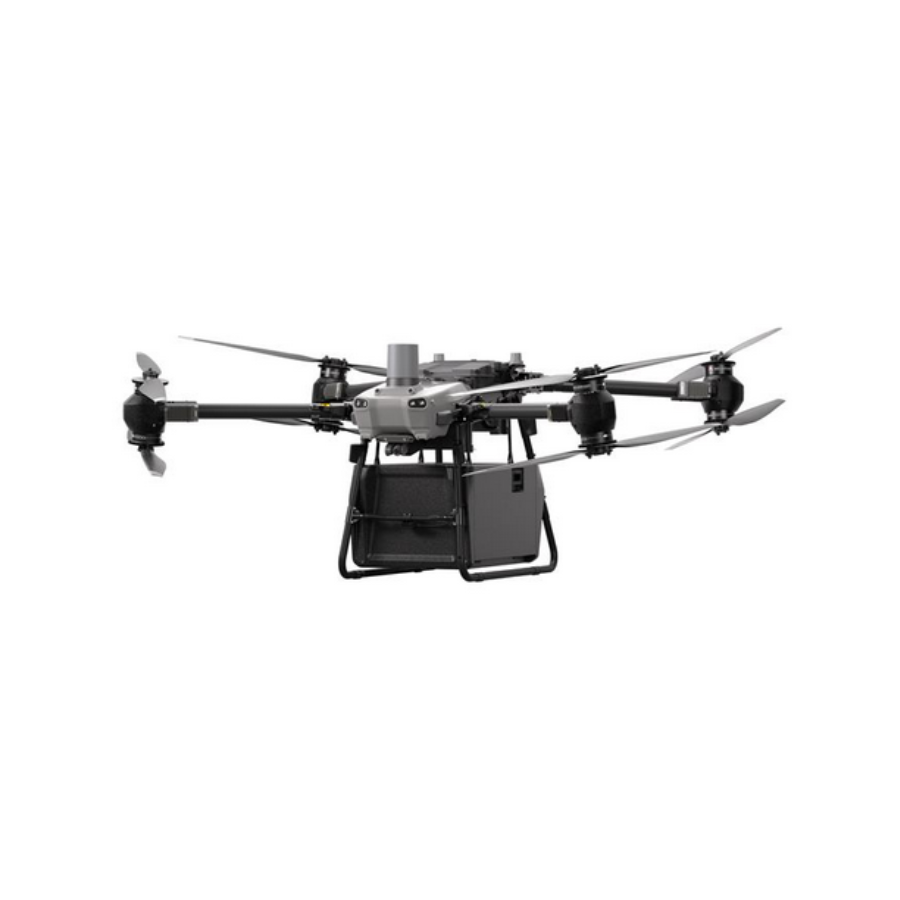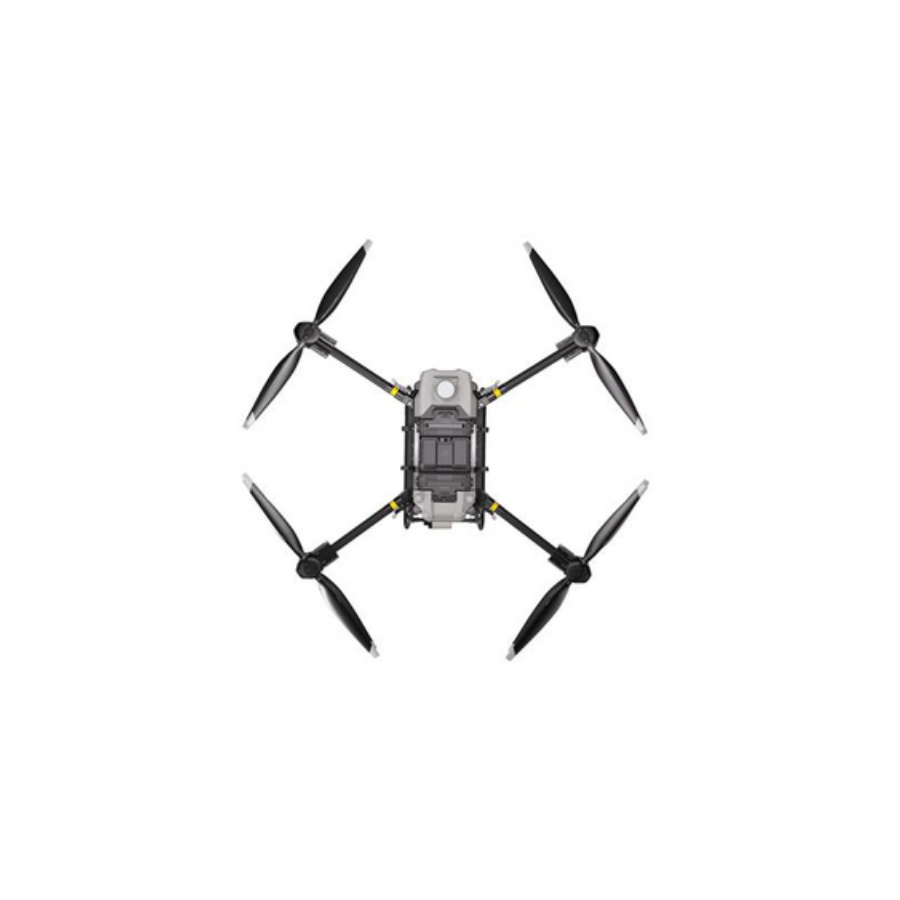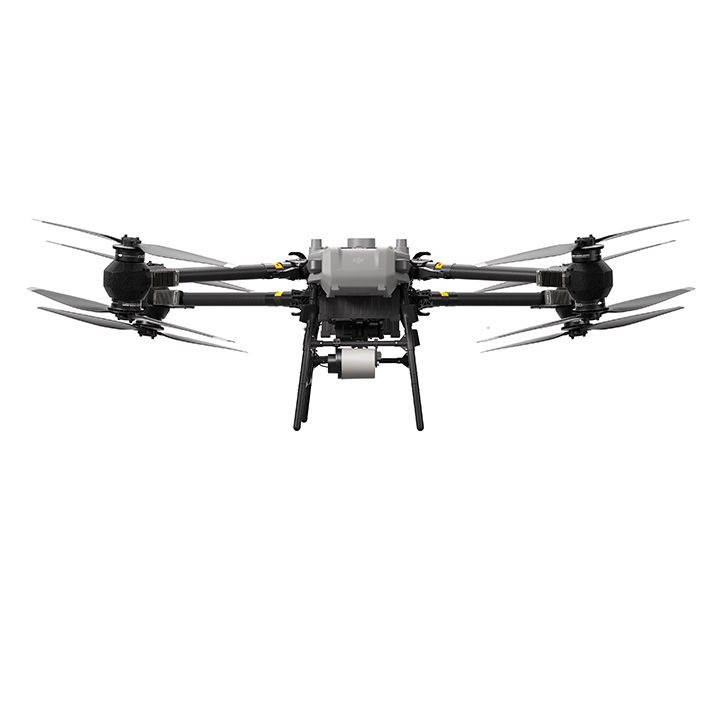The introduction of the DJI FlyCart 30 marks a significant milestone in the landscape of aerial logistics. This innovative drone transports goods efficiently, showcasing the cutting-edge technology DJI is known for. With a blend of versatility, capacity, and advanced engineering, it stands out in the rapidly evolving world of drone delivery and logistics. This article will explore the features, benefits, and applications of the DJI FlyCart 30, emphasizing its impact on different sectors.
Overview of the DJI FlyCart 30
Advanced Specifications
The FlyCart 30 boasts robust specifications that underline its capacity and functionality. It can carry payloads of up to 30 kilograms. This is a game-changer for various industries. Whether transporting medical supplies, food, or logistics, its payload capacity meets the needs of various sectors. The drone’s flight time reaches impressive durations, thanks to its efficient battery system. Users can depend on it for extensive operations.
This drone contains GPS and advanced navigation sensors. These features enhance its accuracy and reliability during flights. The radar and cameras ensure safe operation, reducing risks associated with aerial transport. Also, the FlyCart 30 features a swappable battery design. They can change batteries quickly to ensure minimal downtime. This design consideration reflects DJI’s commitment to user efficiency.
Design Features
The design of the FlyCart 30 stands out in several respects. The frame is lightweight yet rugged, enabling it to handle tough environments. Streamlined aerodynamics improve its flight performance. Also, the modular design allows users to adapt it for various tasks. Operators can customize the drone as required. This flexibility improves its usefulness across many industries.
The FlyCart 30 also features a user-friendly interface. Its intuitive controls are straightforward, even for new users. With a couple of training sessions, operators can master its functionalities. This ease of use enhances productivity and encourages broader adoption in the market.
The Benefits of Using the DJI FlyCart 30
Increased Efficiency
Efficiency is one of the most significant advantages of using the FlyCart 30. This drone can deliver goods faster than traditional methods. Its ability to traverse urban and rural areas lets it reach locations that ground vehicles cannot. For businesses, this means quicker delivery times and improved service for customers. In high-demand sectors, the ability to reach clients swiftly can be a game-changer.
Moreover, the operational costs associated with drone delivery are lower than conventional delivery. Companies save on labor and fuel expenses. Additionally, the potential to automate deliveries reduces human error. The FlyCart 30’s advanced software supports streamlined logistics, ensuring effective routing and optimizing delivery schedules.
Environmental Impact
The DJI FlyCart 30 promotes environmentally friendly logistics solutions. Drones operate on electric power, minimizing their carbon footprint compared to traditional vehicles. In a world increasingly focused on sustainability, using drones for deliveries helps address environmental concerns.
Additionally, the efficiency of the FlyCart 30 means less energy consumption over time. Companies can meet their logistical needs without derailing their commitment to sustainability. By integrating this drone into their supply chains, organizations can boost their corporate social responsibility efforts.
Applications of the DJI FlyCart 30
Medical Supply Delivery
One of the most crucial applications of the FlyCart 30 is in the field of healthcare. Rapid delivery of medical supplies can save lives. The drone can transport medicines, vaccines, and other essential supplies in emergencies. In remote areas, access to healthcare materials can be limited. The FlyCart 30 bridges this gap by providing timely deliveries.
Hospitals and clinics can use the drone to stock up on necessary supplies. The ability to deliver quickly minimizes the risk of shortages. Moreover, the integrated GPS helps ensure that deliveries reach their destinations accurately.
Food Delivery Services
The food industry benefits significantly from the efficiency of the FlyCart 30. Restaurants and food delivery services can use this drone to improve their delivery models. Customers now want their meals faster than ever. Drones can significantly reduce delivery times.
By using the FlyCart 30, businesses can expand their delivery radius. The drone eliminates concerns about traffic or geographical barriers. This capability allows eateries to serve more customers in more locations. Additionally, the drone can transport large orders. This feature accommodates customers who want bulk deliveries.
How DJI FlyCart 30 Changes Traditional Logistics
Creating New Economic Opportunities
The proliferation of the FlyCart 30 creates new economic opportunities. As drone technology becomes integral to logistics, businesses must adapt. For companies providing drone services, opportunities for growth arise. From training operators to maintaining drones, numerous job opportunities emerge.
Training programs dedicated to drone management will also see an uptick. Educational institutions may need to implement courses focused on drone technology. This evolution supports a more innovative workforce equipped to handle next-generation logistics.
Redefining Supply Chains
The integration of the FlyCart 30 redefines traditional supply chains. Drones simplify last-mile delivery. Instead of relying on trucks to navigate crowded streets, businesses can utilize drones for rapid deliveries. This shift impacts inventory management as well. Companies can optimize stock levels with continual drone deliveries, reducing waste.
The efficiency of drone logistics also encourages businesses to rethink their supply chain strategies. They may no longer need to stockpile large quantities of products. Instead, they can rely on rapid deliveries to fulfill orders as they come. This just-in-time delivery model is a significant shift in traditional logistics thinking.
Challenges and Considerations for the DJI FlyCart 30
Regulatory Hurdles
Despite its promise, the FlyCart 30 faces regulatory challenges. Drone operations must comply with various local, national, and international laws. Regulations surrounding airspace, deliveries, and safety can complicate operations. Companies need to navigate these regulations carefully.
Additionally, regulations may differ significantly by region. What works in one country may not apply in another. This lack of uniformity can create headaches for businesses looking to expand their operations.
Safety Concerns
Safety is another critical concern regarding drone deliveries. While the technology is advanced, unforeseen accidents can occur. Unpredictable weather, mechanical failures, or unexpected obstacles may disrupt operations.
For businesses, ensuring the safety of deliveries is paramount. They may need to include insurance policies that address potential accidents. Establishing protocols for emergency situations is essential too. Having robust safety measures helps maintain public confidence in drone delivery systems.
Future Prospects of DJI FlyCart 30
Expanding Applications
The future of the DJI FlyCart 30 looks bright. As drone technology evolves, so will its applications. New industries may start utilizing drones for deliveries. This evolution could include e-commerce, agriculture, and even humanitarian efforts.
Drones may become essential in disaster relief efforts. They can transport essential supplies quickly to areas hit by natural disasters. The versatility of the FlyCart 30 positions it to take on various roles as needs arise.
Technological Advancements
Technological advancements will further enhance the capabilities of the FlyCart 30. Future updates may improve battery life, navigation systems, or payload capacities. DJI is known for its continual innovation. This means users can expect consistent upgrades and improvements.
Moreover, incorporating AI technology could redefine how the drone navigates and processes data. Enhanced machine learning capabilities may allow the FlyCart 30 to analyze routes more effectively. This ability will bolster its operational efficiency, making it even more indispensable.
Conclusion: Embracing the Future with DJI FlyCart 30
The DJI FlyCart 30 represents a transformative leap in aerial logistics. Its advanced technology and practical applications streamline supply chains across various industries. With an increasing focus on efficiency and sustainability, businesses can leverage the FlyCart 30 to stay relevant.
However, the journey ahead includes navigating regulatory and safety challenges. The evolution of the logistics industry may depend on effective solutions for these hurdles. Companies willing to embrace change and adapt their strategies will find success in integrating this innovative technology into their operations.
As we look forward, the adoption of drones like the FlyCart 30 has the potential to revolutionize how we think about logistics. It encourages new approaches to delivery, pushing industries toward increased efficiency and sustainability. The future of logistics is undoubtedly in the air.



